
Swimmer’s ear, also known as external otitis, is an infection of the ear canal. This infection is caused by many types of bacteria or fungi. Normally, this infection tends to develop in teens and young adults whose ears are exposed regularly to excessive moisture. Obviously, swimming or diving regularly will thus lead to an increased risk of the occurrence of this condition. Mainly, the infections occur during the summer months. Otitis can also occur as a result of scratching the ear canals, for example through the use of cotton tipped applicators.
Symptoms
As one might imagine, the main symptoms of otitis is earache and ear pain. This pain tends to worsen if the ear is pulled or pressed. The outer ear can show signs of reddening and the lymph nodes can also appear enlarged or tender. In some cases, there might be a greenish-yellow discharge from the ears. Patients might find it difficult to hear out of the affected ear. It is also possible for a slight fever to occur.
Prevention and Treatment
This condition might be prevented by the regular administration of acid alcohol drops after swimming. These drops should not be used in the case that you have ear tubes or a hole in the eardrum. One should also try to dry your ears as much as possible after swimming, bathing or showering. Additionally, try to keep objects out of your ear canals.
Medical treatment of the condition will of course depend on the severity of the pain and the infection. In general, a doctor will most probably prescribe eardrops that contain antibiotics or, in some cases, corticosteroids. This will help to fight the infection and reduce the inflammation of the ear canal. In the case of the occurrence of a severe infection, the doctor might also recommend antibiotics to be taken by mouth.
You can also do things to help yourself with regard to combating this type of infection. For example, placing a warm cloth or heating pad over the ear in order to help pain relief. You might also choose to take ibuprofen or acetaminophen. Make sure to follow all your doctor’s directions, particularly with regard to eardrops and oral antibiotics. It might also be advisable to keep your head away from water for a certain period of time. This includes during showering. The irritation of this can be offset by wearing a shower cap or cotton earplugs. If over the counter medications don’t work, your doctor might recommend a stronger pain reliever.


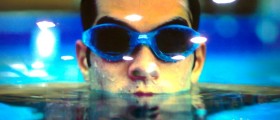
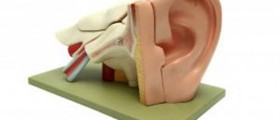
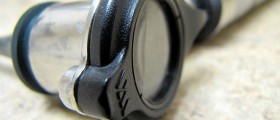

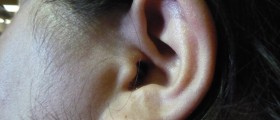

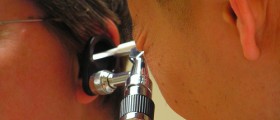


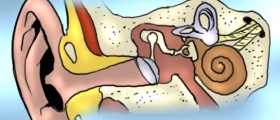



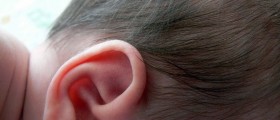

Your thoughts on this
Loading...